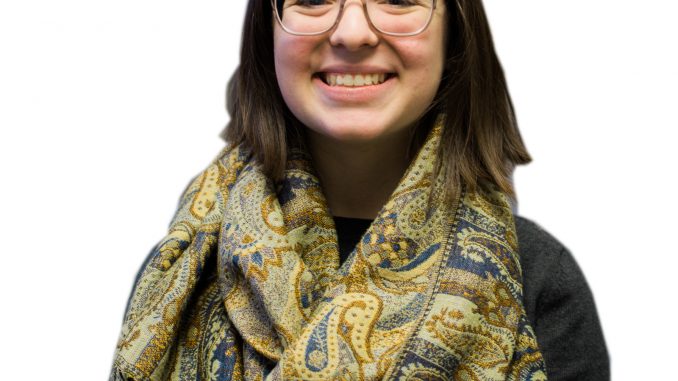
 In a letter penned in 1807 to a fellow politician, Thomas Jefferson famously wrote, “The hand of the people … has proved that government [is] the strongest of which every man feels himself a part.” Now, 210 years later, Jefferson’s statement still rings true. Representative democracies, like the United States, are rooted firmly in the voices of the people, and run by elected officials, who aim to reflect the voice of the people in their leadership.
In a letter penned in 1807 to a fellow politician, Thomas Jefferson famously wrote, “The hand of the people … has proved that government [is] the strongest of which every man feels himself a part.” Now, 210 years later, Jefferson’s statement still rings true. Representative democracies, like the United States, are rooted firmly in the voices of the people, and run by elected officials, who aim to reflect the voice of the people in their leadership.
Representative government is the best way to efficiently include all people in policy discussion that creates real change and allows them to feel invested in the success of government initiatives. I believe this year’s Temple Student Government administration has done a particularly good job getting more students invested in TSG and other university initiatives, and bringing more students into university decision-making processes than before.
“I think that the student government at Temple and any university needs to really get students involved in some of these issues [related to school politics], and start getting them to understand that they … need to take these [university] issues seriously,” said Barbara Ferman, a political science professor.
The largest change that Temple’s current student government administration has enacted is its creation of Parliament, a 37-student legislative body geared toward better representing Temple’s student body.
TSG previously only had an executive branch. With nearly 40,000 students to represent, it’s not realistic that just one executive office of only a handful of elected students could represent all of the students at Temple.
Parliament, through its different chairs and committees focused on specific issues, is a step toward being more representative of all students on Main Campus. Student Body President Aron Cowen stressed that the purpose of the Parliament is to tap into the previously glossed-over opinions of Temple’s many different students.
“It’s your voice,” Cowen said. “It’s a good way of bringing together people to have the tough conversations that need to happen.”
Of the 37 chairs in Parliament, 10 are dedicated to “special-interest” groups. Identifying these areas of interest has been an important step in focusing energy on those who did not previously have a voice in TSG.
Alfonso Corona, a freshman marketing and economics major, currently serves as one of Parliament’s two multicultural representatives.

“Sometimes the school may not even be aware of some issues that the students might think [about],” Corona said. “We are from the students, for the students. They’re definitely going to have a more truer voice and present more honest issues.”
“[Being] raised in a Hispanic family … [I know it’s] really important for every student to identify with their group that they like to feel at home with,” Corona added.
Fortunately, the addition in representation of student voices goes beyond Parliament.
TSG also created specialized task forces to concentrate on reform for specific issues, like sustainability and accessibility for students with disabilities. These groups are led by TSG representatives, but made up of qualified student volunteers from outside TSG, sourced from clubs and classes about related issues. The groups thus far have mainly worked to gather data and brainstorm possible solutions to topics of concern related to their task forces.
“I think that the people who are on student government should be [using] whatever mechanisms they can use to get more people who are not elected to the student government to be participating in the process,” Ferman said. “A task force is a great way.”
But TSG also needs to hear from students who may not be inclined to participate in these new initiatives. They should do so by continuing to hold discussion panels on issues salient to the Temple community. Last semester, TSG organized a panel on police brutality, which allowed students to share their thoughts on the topic. This type of discussion is important for students to be heard.
And students should know that sharing a concern is as simple as stopping by TSG’s office, in Room 244 of the Student Center.
“We’re always a resource,” Cowen said. “Our office is always open.”
TSG has improved its representation of Temple’s student body by inviting more students to participate in the on-campus political process. Now, students should take them up on this offer.
Ruth Oshlag can be reached at ruth.oshlag@temple.edu.



Be the first to comment